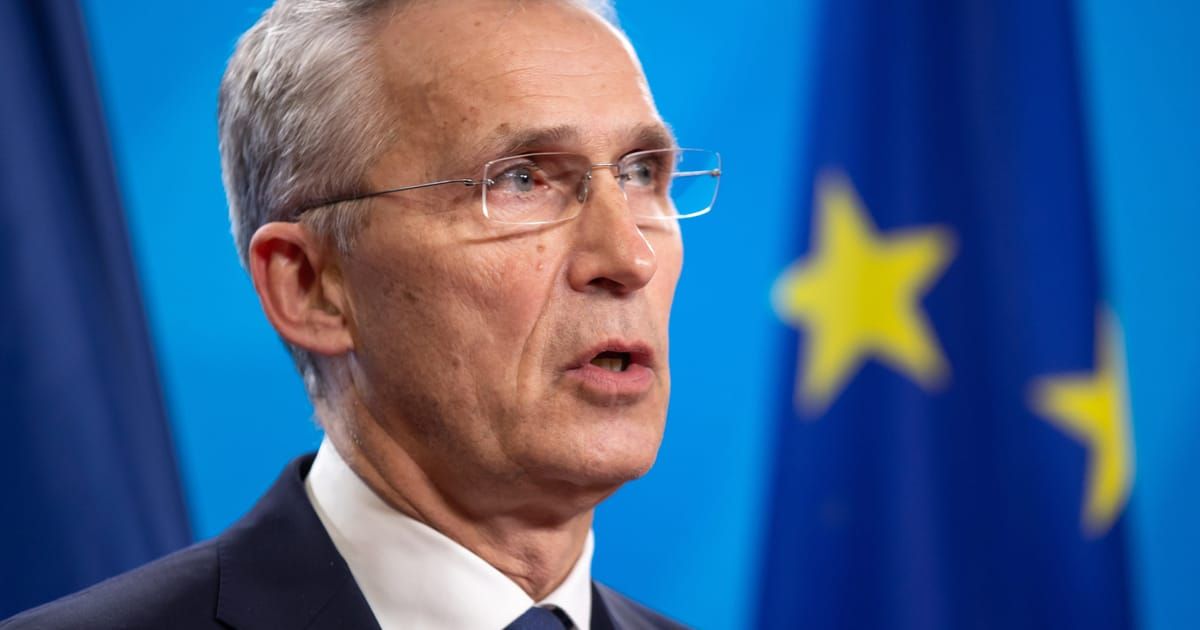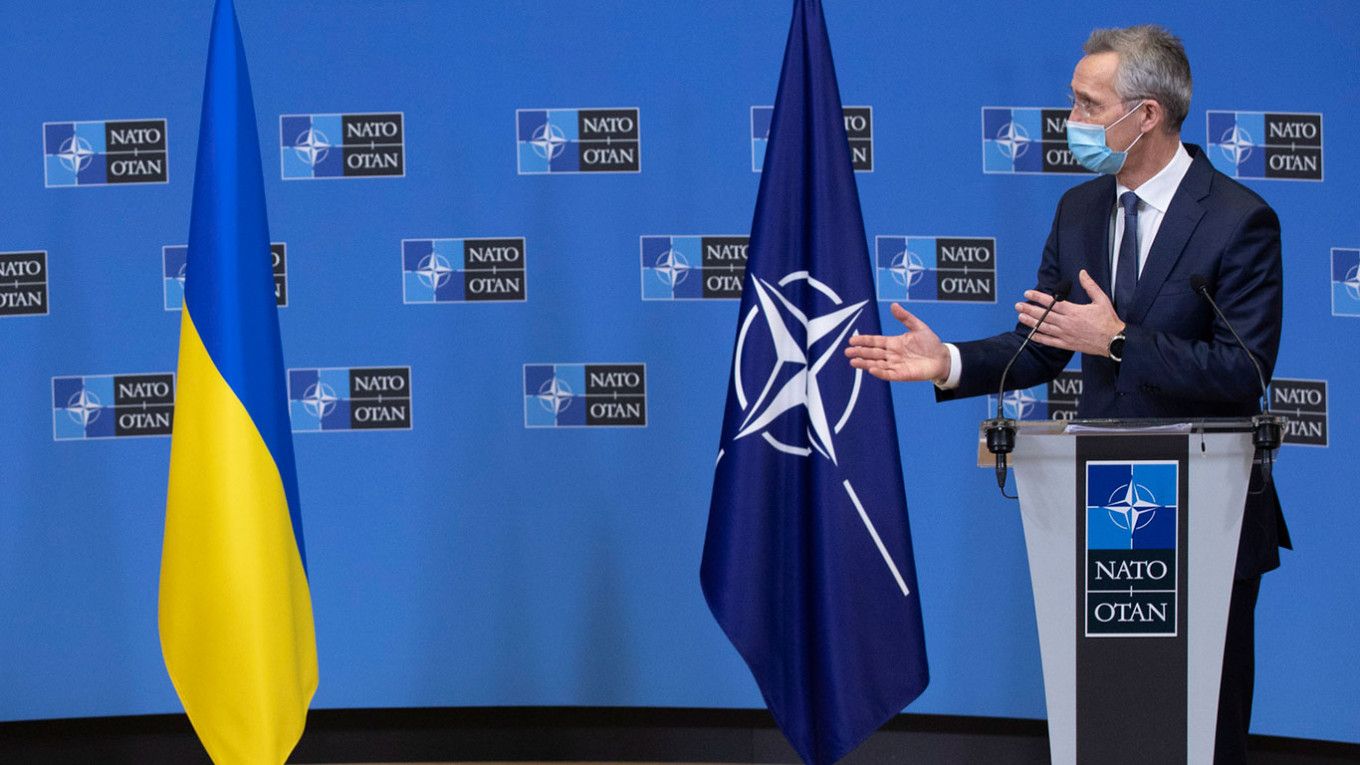Introduction:
Ukrainian President Volodymyr Zelensky’s recent statement declaring Ukraine’s readiness to join NATO has sparked significant discussions and raised important questions regarding regional security and the nation’s relationship with Russia. As leaders from across Europe gather at the European Political Community summit in Moldova, the topic of Ukraine’s NATO membership has taken center stage. This article aims to provide an analytical overview of the implications and potential consequences of Ukraine’s bid to join NATO, considering the ongoing conflict, regional dynamics, and the broader geopolitical landscape.
Ukraine’s Readiness and Security Concerns:
President Zelensky’s proclamation of Ukraine’s preparedness to join NATO underscores the nation’s aspirations for enhanced security and stability. Against the backdrop of the ongoing conflict with Russia and the threat of potential aggression, Zelensky emphasized the significance of security guarantees not only for Ukraine but also for neighboring countries, including Moldova. The war in Ukraine has highlighted the importance of collective defense and the role NATO could play in safeguarding the region against external threats.
NATO’s Position and Growing Support:
NATO Secretary-General Jens Stoltenberg recently confirmed that all members of the defense alliance agree that Ukraine will eventually become a NATO member. This reaffirmation of support comes as NATO foreign ministers meet in Oslo to discuss the conflict in Ukraine. The backing of NATO allies indicates a growing consensus regarding Ukraine’s path to membership and the recognition of the country’s contributions to regional security.

Regional Dynamics and Russian Response:
Ukraine’s potential NATO membership carries significant implications for regional dynamics and the nation’s relationship with Russia. The conflict between Ukraine and Russia has already strained relations, and Ukraine’s bid for NATO membership may further exacerbate tensions. Russia has long expressed opposition to Ukraine joining NATO, viewing it as a threat to its own security and sphere of influence. The potential escalation of hostilities and the risk of further Russian aggression loom large as Ukraine moves closer to the alliance.
Support from Moldova and International Tribunals:
Moldovan President Maia Sandu expressed her support for Ukraine and President Zelensky’s proposed peace formula. She emphasized Ukraine’s crucial role in ensuring Moldova’s security and voiced gratitude for their ongoing efforts. Sandu also advocated for the creation of a special international tribunal to address crimes of aggression committed in Ukraine. Such a tribunal could serve as a mechanism to hold accountable those responsible for violations of international law and provide a platform for justice and reconciliation.
Conclusion:
Ukraine’s readiness to join NATO marks a significant development in the nation’s quest for security and stability amidst an ongoing conflict with Russia. While the support of NATO allies indicates growing consensus, Ukraine’s potential membership carries geopolitical implications and risks further straining relations with Russia. The backing of Moldova and calls for international tribunals demonstrate regional solidarity and the commitment to seeking justice for crimes committed during the conflict. As discussions continue and tensions persist, the outcome of Ukraine’s bid to join NATO will have far-reaching consequences for regional security and the broader geopolitical landscape.
©world-news.biz
